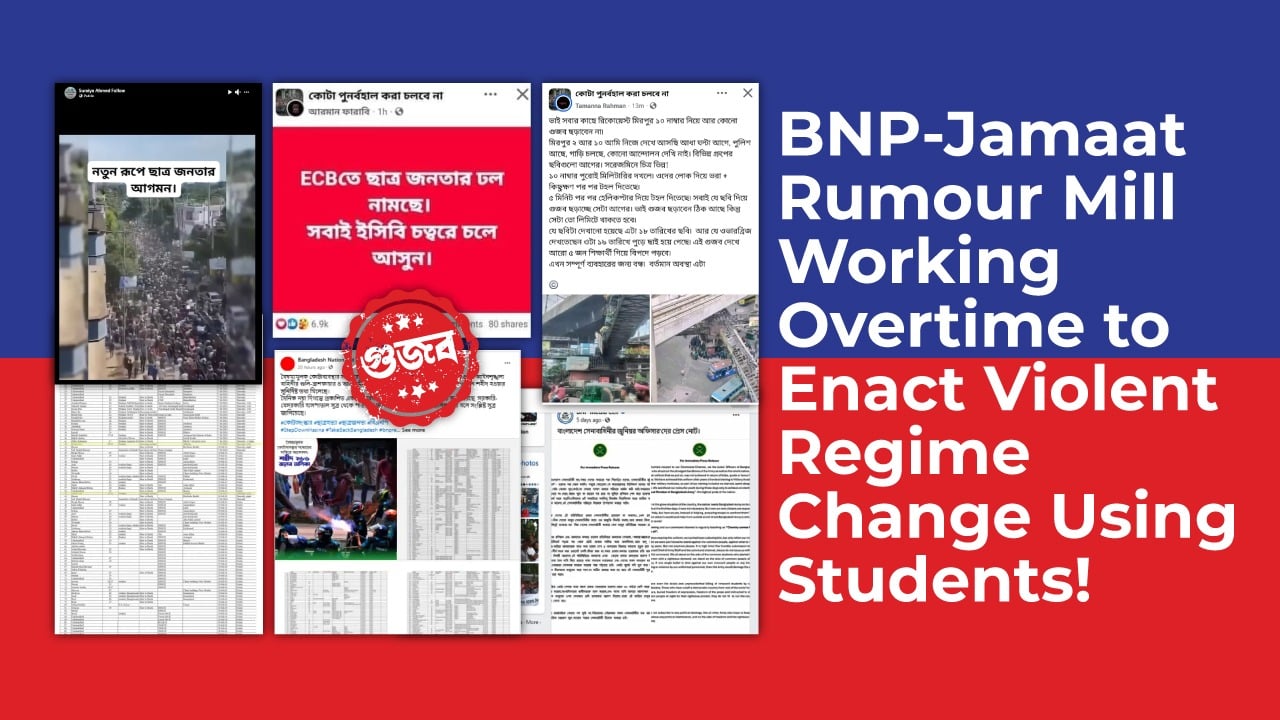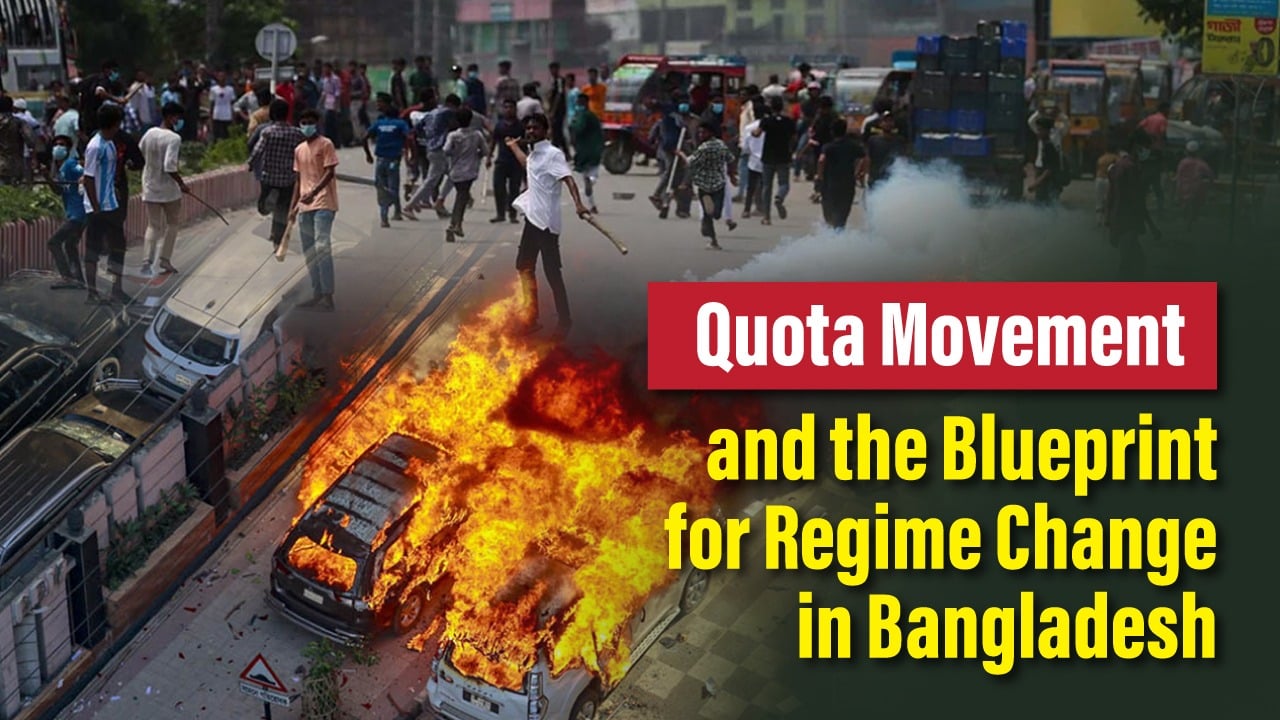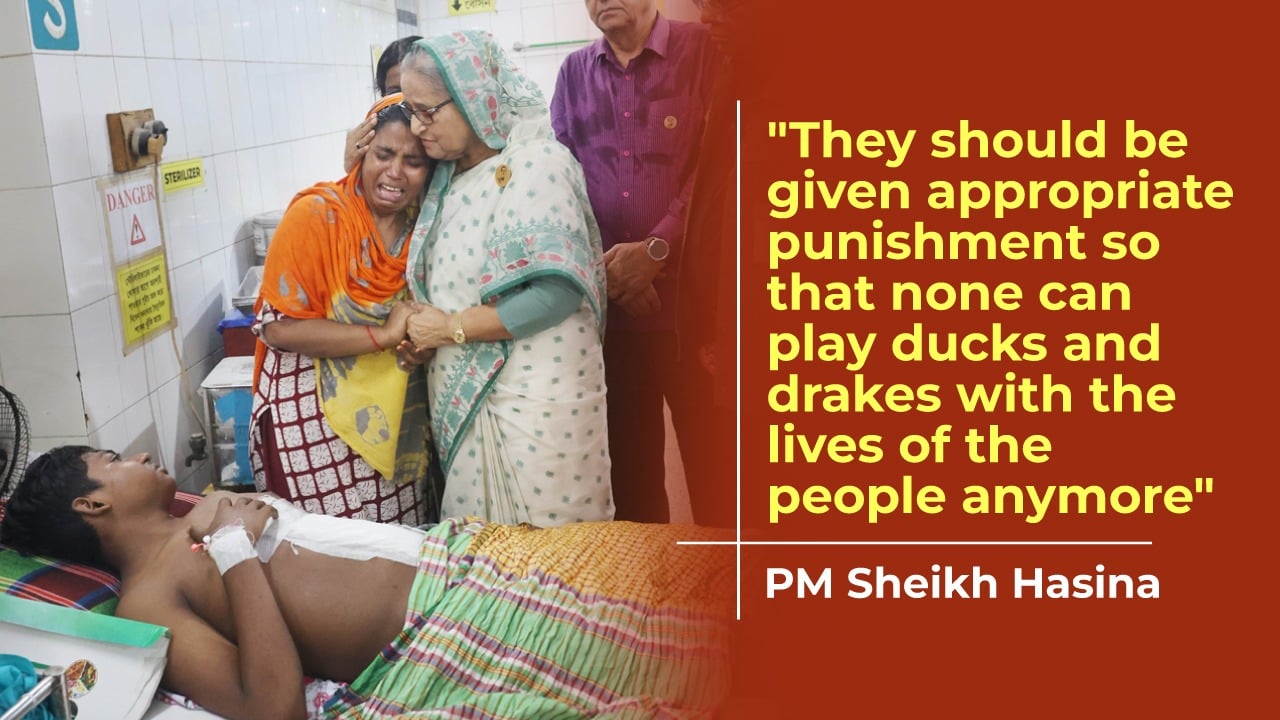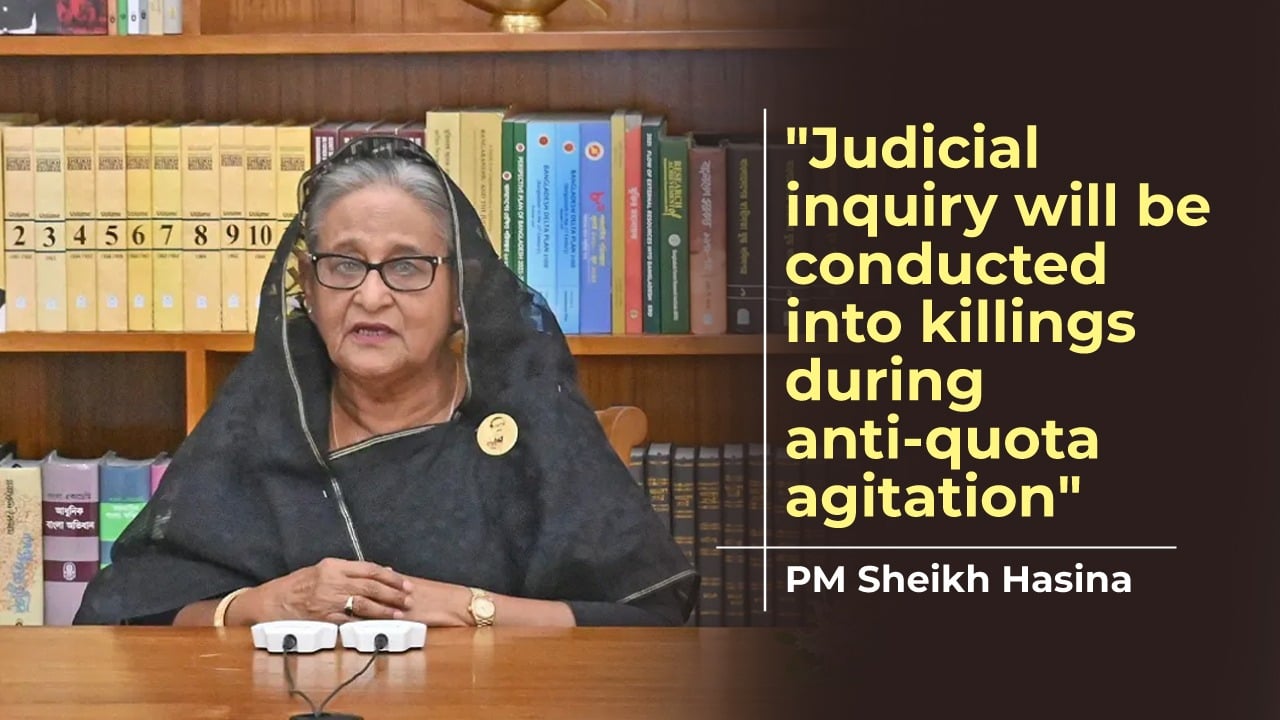5105
Published on October 25, 2014As a Least Developed Country (LDC), Bangladesh benefits from the most favorable regime available under the EU's Generalized Scheme of Preferences (GSP), namely the Everything But Arms (EBA) arrangement. EBA grants the 48 Least Developed Countries – including Bangladesh – duty free quota, free access to the EU for exports of all products, except arms and ammunition.
The EU is Bangladesh's main trading partner, accounting for around 12% of Bangladesh's total trade.

Trade Examples With Two European Countries
Germany
Germany is the second largest export market for Bangladesh. Between 2007 and 2010 the imports from Bangladesh as well as the German exports have been increased steadily.
Ninety five (95) % of imports from Bangladesh to Germany are Readymade Garments. Far behind are leather goods and food with 1.3 and 1.4 percent.
German Exports to Bangladesh are mostly machines (46 %), chemicals and electronic goods (18 % and 14 %).
German ship-owners are producing ships in Bangladesh since a couple of years. German stock of direct investment is mostly within the sectors of textile, transport, logistics and building materials; the tendency is rising.
Bangladesh German bilateral trade is worth over $4BN, weighted heavily in Bangladesh’s favour. Exports to Germany are worth $3.4BN, and imports from Germany are worth $691m. Over 90% of exports are RMG, so there is an opportunity to diversify, for example through light‐engineering. Imports are more diverse, but capital machinery is key – machinery, boilers, electrical machinery etc. worth $350m. Germany is Bangladesh’s #1 advanced western supplier.
United Kingdom
The trade relationship between Bangladesh and UK has strengthened in recent years.
Total export to UK from Bangladesh, is nearly 10% of the country’s total export earnings. Of the total export to UK, 80 percent of the goods are ready-made garments.
Bangladeshi immigrants in UK are one of the major contributors in the receiving country’s economy as the Bangladeshi owned restaurants employ more than 90,000 workers and generate an annual turnover of €4.2 Billion.
In FY 2011-12, Bangladesh earned $2639 million by export to UK, which was $2065 million in FY 2010-11.
Factors contributing the growth of export from Bangladesh to UK are: Competitive edge in quality and price, Duty free access to the EU Countries policy under EBA (Everything But Arms), Increasing cost of production in China and appreciation of RMB, Increasing compliance (specially in the RMG sector and shrimp) with standards and Strong backward linkage in knitwear.
Joint Efforts To Upscale Labor Standards
The EU, together with Bangladesh government, the United States and the International Labour Organisation (ILO), initiated the ‘Sustainability Compact’ one year ago to accelerate the improvement of the safety and labour condition in readymade garments sector in Bangladesh. “Since then, Bangladesh has made much progress. The labour law has been amended to strengthen freedom of association and collective bargaining and occupational safety and health. Many new trade unions have been established and more workers are aware of their rights and are seeking to assert them. In addition, there are now common standards for factory inspections. The inspections are on going, more inspectors are being recruited and their findings are being made publicly available. Bangladesh also qualified for the Better Work Programme.” (http://europa.eu/rapid/press-release_IP-14-802_en.htm; Press release database of EU)
the ‘Sustainability Compact’ one year ago to accelerate the improvement of the safety and labour condition in readymade garments sector in Bangladesh. “Since then, Bangladesh has made much progress. The labour law has been amended to strengthen freedom of association and collective bargaining and occupational safety and health. Many new trade unions have been established and more workers are aware of their rights and are seeking to assert them. In addition, there are now common standards for factory inspections. The inspections are on going, more inspectors are being recruited and their findings are being made publicly available. Bangladesh also qualified for the Better Work Programme.” (http://europa.eu/rapid/press-release_IP-14-802_en.htm; Press release database of EU)
EU continues appreciating Bangladesh’s response to increased labour standard, “The private sector mobilised a strong response to the tragedy: in particular the Accord on Factory and Building Safety in Bangladesh and the Alliance for Bangladesh Worker Safety. They are now fully operational and play a key role in factory inspections and improvement of working conditions.” (http://europa.eu/rapid/press-release_IP-14-802_en.htm; Press release database of EU).
In order to ensure occupational safety, a tripartite National Plan of Action on fire safety in the RMG sector has also been signed by the representatives of workers, owners and the Ministry of Labour & Employment with support from the International Labour Organization. The Government is also collaborating with ILO in formulating an inspection policy for the factories and establishments. This policy is designed to ensure effective and prevention-oriented labour inspection and occupational health and safety. All the industries in the country will be brought under a comprehensive inspection system.
New Trade Horizon: ICT
Bangladesh Association of Software and Information Services (BASIS) led a summit named “Europe-Bangladesh Technology Summit 2014” which was kicked off in Germany to attract the European investors in the country’s potential Information and Technology (IT) sector. This continues at Copenhagen, Denmark and Oslo, Norway in the same year. There are two goals of the summit – exporting IT products and IT enable services to the European countries and encouraging Europeans to choose Bangladesh for their Business Process Outsourcing (BPO). Shamim said the country has already two lakh IT professionals while 80,000 are involved in the IT sector and the rest are with the other professions. More 60,000 IT experts are working as freelancers. Around 15 Bangladeshi IT firms are participating in different events in Germany, Netherlands, Denmark and Norway as part of this Summit process. Eleven Dutch companies will come to Bangladesh in April this year to participate the event to be held in Dhaka too. Export Promotion Bureau, Agrani Bank and Grameenphone are jointly assisting BASIS to initiate the summit while Telenor, Innovation Norway and the Danish Federation of SME are taking part at the event as co-organizers.
With 111 million mobile phone and over 33 million internet users, the country seems well prepared to harness the benefits of a Digital Bangladesh. By now a total of 4547 Union Information and Service centres have been set up and Machine Readable Passports and Visas have been introduced. The Online tax registration system and E-TIN Service is already in place; also the online encyclopedia National E-Tathyakosh with 100,000 contents attracts around 1 million online users. The state-run Bangladesh Bank (BB) Govt. has started using goAML Client Application to share suspicious transaction reports (STRs) with all commercial banks as part of combating money laundering. Currently Bangladesh earns US$ 3.6 million from ICT export with another US $ 20 million coming from 500,000 freelancers. In order to tap on the potential of the global ICT market, the Govt. is setting up Kaliakoir Hi-tech Park and Jessore Software Technology Park as specialized economic zone.
In near future Bangladesh and European countries must will be enable to develop effective and worthy entrepreneurial partnership in ICT sector.
People To People Contact: Migration
European Union has been the most attractive destination of the skilled workers in Bangladesh. A recent data provided by European Union shows that there are 595,000 Bangladeshi immigrants residing in countries like UK, Italy, Greece, Spain, Germany and others. However this data reflects only the registtered migrants, actual daya can even be double of this. From 2002 to 2008, remittances to Bangladesh grew from 5.7% of GDP to 11% of GDP at a time when GDP was growing rapidly. During 2010-11, Bangladesh received overall remittances of US$11.65 billion from around the world. The contribution of remittances from the UK is significant, at approximately 8% of the total worldwide remittances received; since 1998, about US$6 billion has been sent as remittances from the UK to Bangladesh. With only few hundred Bangladeshi in Italy during 1990, at present over 100,000 Bangladeshis are living in Italy.
|
Trade Policy Support Programme (BTPSP) |
|
|
This jointly program by European Union and Government of Bangladesh is an essential element for EU to assist the process of the integration of Bangladesh into the world trading system in order to increase pro-poor growth, income possibilities and employment for the poor. The overall objective of the Bangladesh Trade Policy Support Programme is the development of an integrated national trade policy that will facilitate the identification of essential trade capacity building needs. This program has three components
|
Component 1: Support to the Ministry of Commerce (MoC): It aims to enable MoC to formulate and implement a comprehensive trade policy which is successful and will be a fundamental step towards the mainstreaming of trade policy into the general development strategy of Bangladesh. |
|
Component 2: Support to the Bangladesh Foreign Trade Institute (BFTI): The TPSP assists the BFTI to develop the institute’s strategy, management and market position through a wide range of capacity-building services. |
|
|
Component 3: Support to the Export Promotion Bureau (BFTI): The TPSP support the EPB to improve and automate the GSP system including the establishment of an online information checking system between the EPB and its network partners. |
|
Looking Ahead
As part of Bangladesh Awami League’s firm commitment towards establishing Bangladesh as a welfare state, a range of multi-dimensional, multi-stakeholder landmark initiatives have so far been taken up to eradicate poverty, counter terrorism, establish law and order, strengthen the RMG industry, ensure human resource development and social welfare, ensure women’s political, economic and civic empowerment and socio-economic well being and to empower and benefit people, especially disadvantaged and excluded segment of the society including people with disability, women and children, hardcore and indigenous people. On the other hand Bangladesh and EU have excellent experiences of working together for sustainable and pro-poor development. According to the Council Decision 2001/332/EC of 26 February 2001 (titled as agreement with Bangladesh on partnership and development) economic cooperation from EU towards Bangladesh aims particularly at facilitating contacts between economic operators, business communities, enterprises and investors; improving the business environment and conditions for investment, particularly for small and medium-sized enterprises; promoting technology transfer. The agreement enshrines the principle of reciprocal access by the partners to their respective public works contracts. They apply the principle of free access to international maritime transport contracts. Based on these days in near future will cultivate more tightened ties between Bangladesh and Europe.















